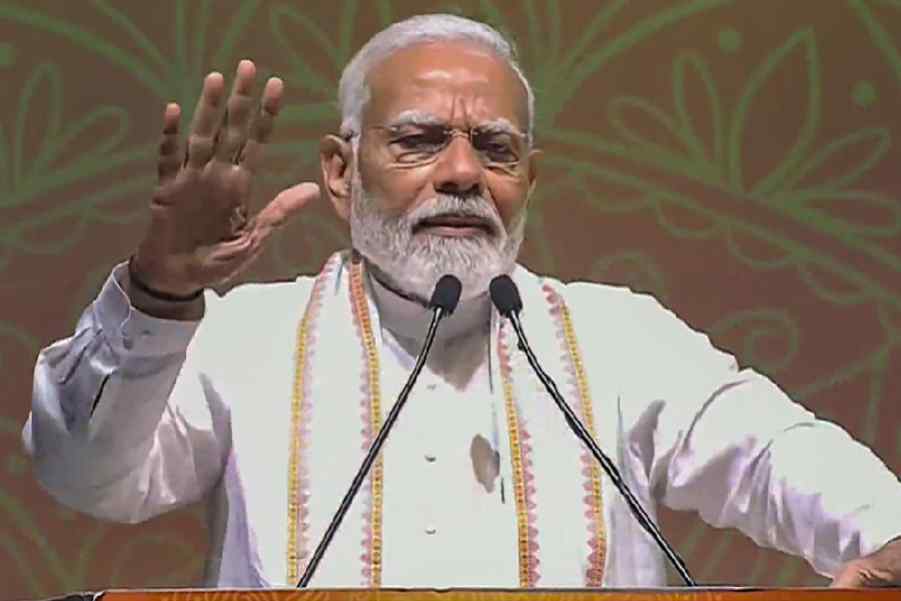Conventional political wisdom has long held that foreign policy has little, if any, relevance when it comes to domestic elections, whether in India, the United States of America or any other democracy. Economic issues like jobs, inflation and income levels, combined with cultural flashpoints — religion, caste, ethnicity and gender — are the decisive ingredients that shape voter behaviour, according to this theory. Yet, in India, foreign policy has turned into an important weapon in the political arsenal of Prime Minister Narendra Modi and the Bharatiya Janata Party. Across the country, posters proclaiming India’s status as the host of the Group of 20 Summit last year as a sign of the country’s arrival on the global stage under Mr Modi served as an example — even though the G20 has a rotational presidency and every member state gets to host the summit by turn. In the general election of 2019, muscular nationalism vis-à-vis Pakistan, in the form of the Balakot strikes, became a key campaign theme for the BJP. This time, the BJP government has revived a long-settled dispute with Sri Lanka over Katchatheevu island with an eye on votes in Tamil Nadu, a state where Mr Modi’s party had traditionally gained little traction. As India votes over seven phases to pick its next national government, the efficacy of foreign policy as a weapon faces a test: will it pay the electoral dividends that the BJP seeks?
The answer could impact how foreign policy might be pursued in the years to come. To be sure, bilateral relations have been factors in electoral politics in the past too. An agreement to share the waters of the Teesta river between India and Bangladesh has stayed in deep freeze for more than a decade now because of the competing political pressures of the Bengal government and the Bangladesh government. But Mr Modi’s government has tried to weaponise foreign relations in ways that are new and potentially worrying. Consider his decision of a joint rally with Donald Trump, then the president of the US, in Ahmedabad. Or how, more recently, an Indian envoy in Ireland wrote a public letter denigrating previous Indian governments while lauding Mr Modi. Mixing politics and diplomacy can be intoxicating, but the hangover is potentially dangerous for the nation. Partner countries must be able to trust that New Delhi represents India, not just the BJP. It is the job of the government and the voters to ensure that.










